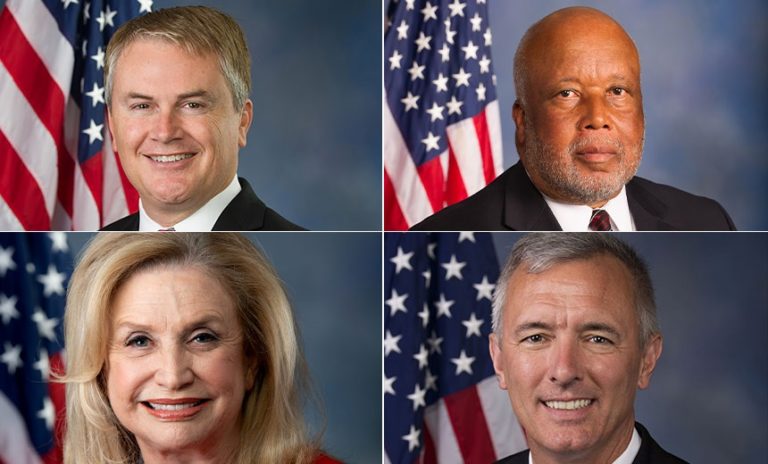Didi’s regulatory troubles might just be getting started
But Jason Hsu, chief investment officer at Rayliant, an asset manager that invests in Chinese securities, said Chinese regulators typically have discussions with companies about regulatory actions they are about to take.
“So one would assume that ahead of its IPO, Didi was aware of a possible formal investigation forthcoming,” Hsu said.
Breakneck float
The company’s listing was completed at a breakneck pace. It filed preliminary paperwork on June 10. Two weeks later, it revealed an anticipated price range for its stock. Its shares were trading less than a week after that.
Failing to disclose prior awareness of market-moving regulatory decisions could make Didi and the banks that arranged the initial public offering — Goldman Sachs, Morgan Stanley and JPMorgan Chase — vulnerable to investor lawsuits and regulatory problems in the United States.
Representatives for the banks and the US Securities and Exchange Commission declined to comment. Didi is represented in the United States by Skadden, Arps, Slate, Meagher & Flom, which did not immediately comment.
But data protection and network security are hardly the only fronts on which Chinese officials might be circling Didi. That means the company, its investors and its underwriters could be in for even more unpleasant surprises.
China’s antitrust authority has been scrutinising the country’s internet industry with never-before-seen vigour in recent months, accusing corporate giants of abusing their size and market power. In April, it imposed a $US2.8 billion ($3.7 billion) fine on Alibaba, whose shares are also listed in the United States, for blocking merchants on its bazaars from selling on other online platforms.
‘Floodgates have opened’
At a more local level, Didi has tussled for years with city authorities in China over operating permits and licenses. The company acknowledged in its IPO filings that many of its drivers in China had not secured the license they need to provide ride-hailing services. Beijing and Shanghai, for instance, require that ride-hailing drivers be local residents, but both cities make it very hard for people to register as local residents in order to control population growth.
And a “large” number of cars on its platform might not have the necessary vehicle permit, Didi said in its IPO documents. Cars used for online ride-hailing services in China must meet certain safety criteria to obtain such permits.
Loading
Top Chinese policymakers’ announcement this week that they would seek to tighten regulation of overseas-listed Chinese companies makes it a very real possibility that still other Chinese regulators could decide to take action against Didi. The government’s policy document published on Tuesday said that stronger capital-market regulation should be combined with broader efforts to uphold national security and social stability, an indication of how seriously Beijing now treats such issues.
Different Chinese government agencies generally need to consult with one another, even if they do not necessarily coordinate outright on investigations of major companies such as Didi, said Wendy Ng, who studies Chinese competition law at the University of Melbourne. Sometimes, other agencies might push back if they believe the case is weak or their regulatory turf is being encroached upon.
“But in this environment, where it seems like the floodgates, at least at the moment, have opened to give regulators the green light to rein in the digital platforms, then it seems that it is much less likely that other regulators might resist,” Ng said.
The United States is trying to tighten its own rules for foreign companies that list on US exchanges. Washington lawmakers who have called for US regulators to have more power over Chinese companies are pointing to the mess at Didi to support their cause.
“Even if the stock rebounds, American investors still have no insight into the company’s financial strength because the Chinese Communist Party blocks US regulators from reviewing the books,” Republican Senator Marco Rubio said in a statement to The New York Times. “That puts the investments of American retirees at risk and funnels desperately needed US dollars into Beijing.”
Rubio and Democratic Senator Bob Casey introduced a bill in May that would prevent Chinese companies from going public in the United States if they do not subject themselves to the full authority of the US entity that oversees auditors.
The New York Times
The Market Recap newsletter is a wrap of the day’s trading. Get it each weekday afternoon






